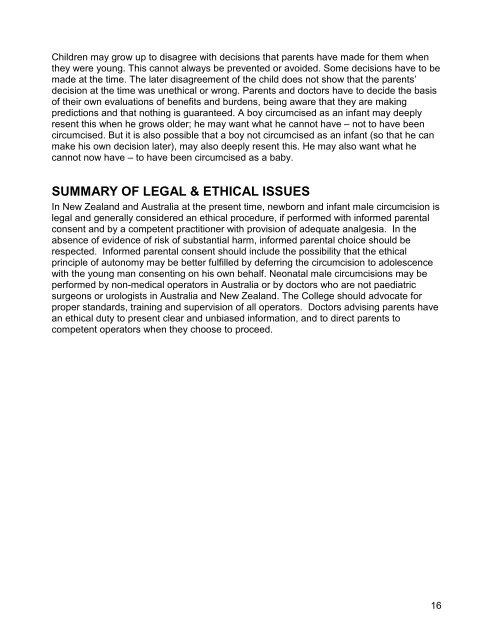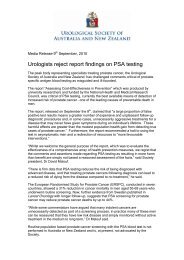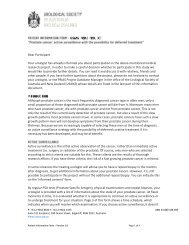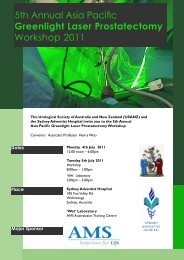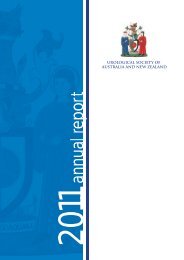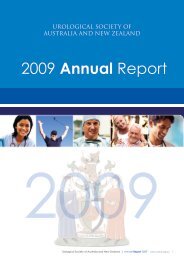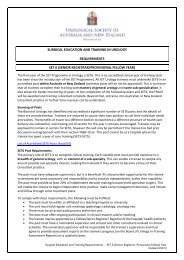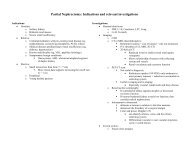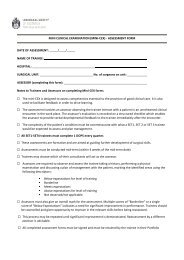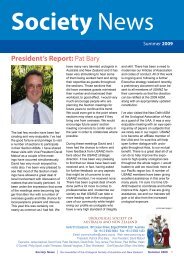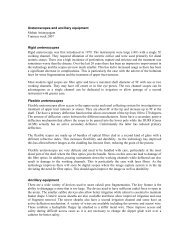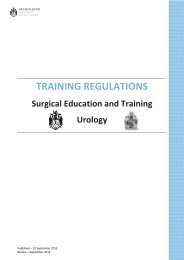CIRCUMCISION OF INFANT MALES
CIRCUMCISION OF INFANT MALES
CIRCUMCISION OF INFANT MALES
Create successful ePaper yourself
Turn your PDF publications into a flip-book with our unique Google optimized e-Paper software.
Children may grow up to disagree with decisions that parents have made for them when<br />
they were young. This cannot always be prevented or avoided. Some decisions have to be<br />
made at the time. The later disagreement of the child does not show that the parents’<br />
decision at the time was unethical or wrong. Parents and doctors have to decide the basis<br />
of their own evaluations of benefits and burdens, being aware that they are making<br />
predictions and that nothing is guaranteed. A boy circumcised as an infant may deeply<br />
resent this when he grows older; he may want what he cannot have – not to have been<br />
circumcised. But it is also possible that a boy not circumcised as an infant (so that he can<br />
make his own decision later), may also deeply resent this. He may also want what he<br />
cannot now have – to have been circumcised as a baby.<br />
SUMMARY <strong>OF</strong> LEGAL & ETHICAL ISSUES<br />
In New Zealand and Australia at the present time, newborn and infant male circumcision is<br />
legal and generally considered an ethical procedure, if performed with informed parental<br />
consent and by a competent practitioner with provision of adequate analgesia. In the<br />
absence of evidence of risk of substantial harm, informed parental choice should be<br />
respected. Informed parental consent should include the possibility that the ethical<br />
principle of autonomy may be better fulfilled by deferring the circumcision to adolescence<br />
with the young man consenting on his own behalf. Neonatal male circumcisions may be<br />
performed by non-medical operators in Australia or by doctors who are not paediatric<br />
surgeons or urologists in Australia and New Zealand. The College should advocate for<br />
proper standards, training and supervision of all operators. Doctors advising parents have<br />
an ethical duty to present clear and unbiased information, and to direct parents to<br />
competent operators when they choose to proceed.<br />
16


